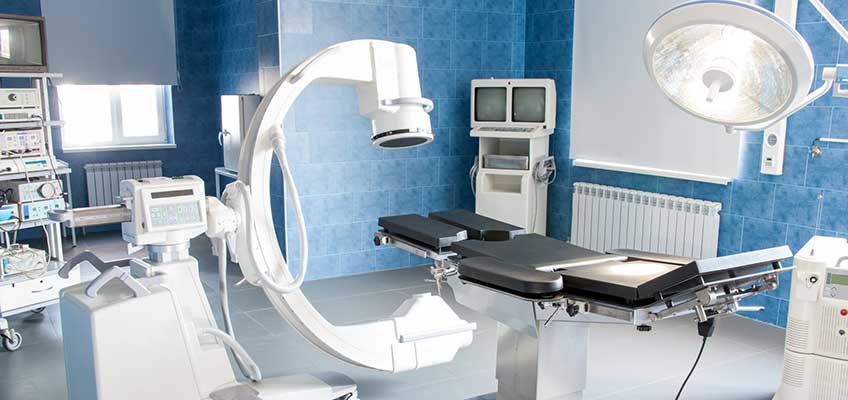Rethink Health Care: Yuehwern Yih
Taking a systems approach to improve healthcare
Yuehwern Yih is convinced industrial engineering can help improve health care, both here and around the world.
Tremendous change over the past several years has left the healthcare industry struggling and without a real system, says Yih, a professor in Purdue’s School of Industrial Engineering, associate director of the Regenstrief Center for Healthcare Engineering, and director of the Smart Systems and Operations Laboratory.
"The system used to be a family doctor treated an entire family. Now, we have many specialties," she says. "There is no common rule on how to communicate. The community has expanded and there is no real system now." She uses hospitals as an example of that.
"No one who works in a hospital can tell me how a hospital operates," she says. "People know what they do, but they don’t know what other people do. People do the best they can, but they’re in a system that’s not designed to be a system. The system wasn’t designed at the beginning. Often they have to work around the system to make it work."
That’s how industrial engineering can help.
The discipline “can improve performance based on the limits of resources a system has, such as time, space, equipment, personnel, and money," Yih says. "We take what we have and improve the entire system in a holistic approach."
"We need to design a system that can catch human error before it impacts the patient because human error is impossible to eliminate. In industrial engineering, human error is considered in the system design. That’s why I say healthcare has no system because it relies on being perfect. There’s nothing designed to catch human error."
Industrial engineering also examines everything in a system, Yih says.
"We study all the elements and understand how one thing can interact with others and affect the entire system," she says. "All entities in the health-care system have different resources and different operations. But those groups are trying to achieve the same thing."
“Safe, high-quality, accessible care that is affordable is the ultimate goal of the health-care system. We’re taking one step at a time and hope to get there."
Yih already has quite a bit of experience working in the healthcare field. She and several graduate students helped build a nutritional supply chain for HIV patients in Kenya that utilizes industrial engineering principles.
Her newest endeavor is working with Mayo Clinic to improve care for patients with chronic diseases, an increasingly important healthcare issue across the country.
"Chronic care is one of the biggest expenses health care is experiencing now," Yih says. "For instance, people with diabetes can’t produce enough insulin. They have to be on medication for a lifetime, and they need to manage their diseases to prevent complications. They may develop other diseases and can’t recover quickly because of the diabetes."
Yih says one of the goals is to use industrial engineering principles to design a process to help remotely monitor the patient’s condition, alert nurses and physicians when the patient is off track and intervene as needed.
"In managing diabetes, taking medication alone may not be sufficient and it requires lifestyle changes,” she says. “The lifestyle changes cannot be sustained without the engagement of patients and the support of their families, friends and social circles."
"Depending on the patient’s preference and background, we need to customize the technologies to design an effective delivery process for individual patients."
After doing manufacturing research for about 20 years and establishing her reputation in the field, Yih became interested in healthcare about 10 years ago when a friend died of cancer.
"When he was in the hospital, every time I visited him his wife would give me a list of errors that the hospital had made," Yih says. "I looked at this list and thought IE could really help this situation. I also thought, ‘This really needs to change."
"Industrial engineering can be applied to something as small as a clinical laboratory or a small doctor’s office, to as big as the entire healthcare delivery system."

